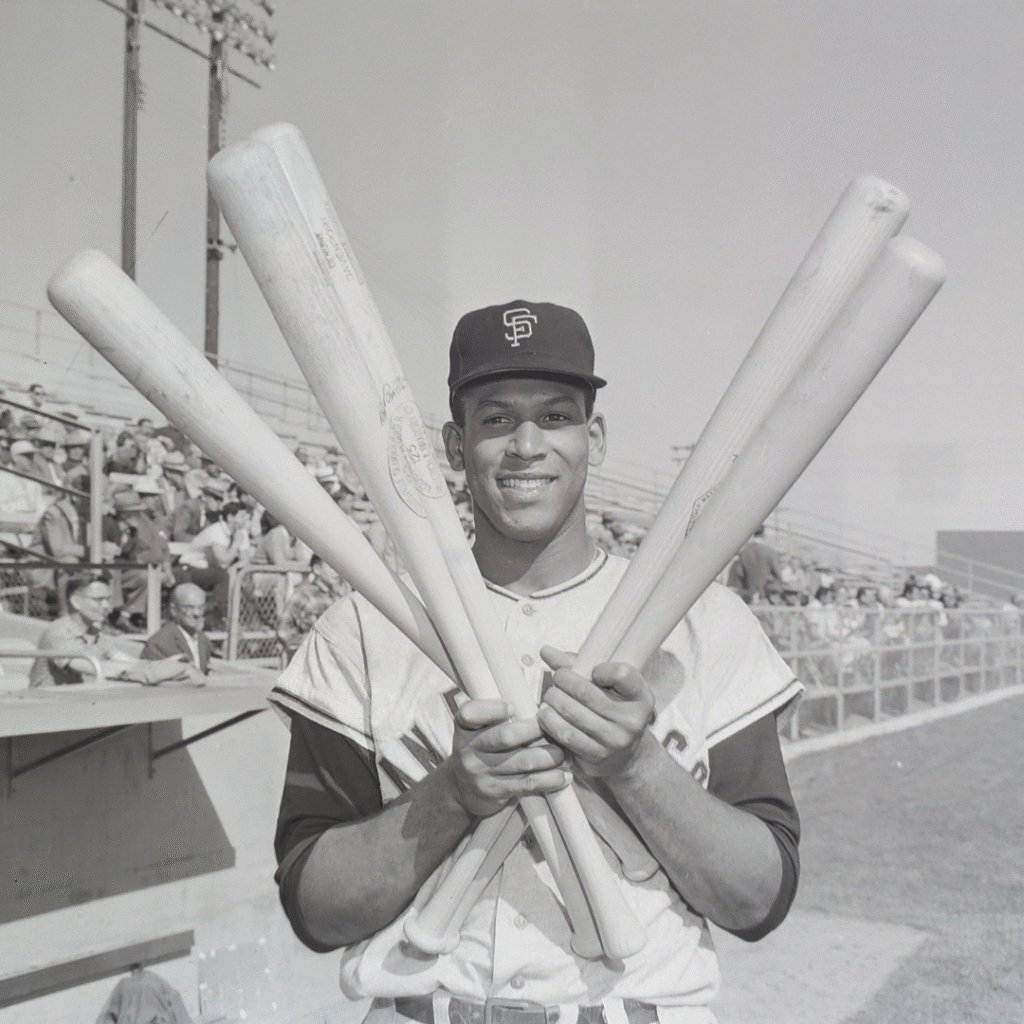
Baseball has long been known as America’s pastime, but beyond the bat, ball, and glove, it is also a powerful classroom for life. The lessons learned on the diamond extend far beyond the game itself, shaping young athletes into leaders who carry these skills into school, work, and their communities. Playing baseball is not only about winning runs; it is about building character and developing the confidence and resilience necessary to succeed in life.
From the Field to the Future: How Baseball Shapes Leaders
On the field, every play requires teamwork, communication, and trust. A shortstop must signal to the second baseman, an outfielder must call for a fly ball, and a pitcher has to exude confidence even under pressure. These moments demand accountability and teach players how to take responsibility for their roles—an essential characteristic of an effective leader. Coaches often emphasize discipline and preparation, reinforcing habits young athletes can apply in their academic and personal lives.
More importantly, baseball also teaches leadership through adversity. A player who strikes out has two choices: hang their head or shake it off and prepare for the next opportunity. This resilience nurtures perseverance, a trait that carries over into facing life’s challenges. By learning how to balance success with failure on the field, young athletes build a mindset that prepares them for leadership beyond sports, equipping them to inspire and guide others in real-world situations.
Real Stories of Youth Growing Through the Game
A shy teenager found his voice through baseball. Initially hesitant to speak up, he grew into a team captain, learning how to communicate with both peers and coaches. The leadership qualities he discovered on the diamond later helped him lead a student group at school, showing how skills gained on the field can positively influence other areas of life. His story is just one example of how the game creates opportunities for personal growth.
Another young player learned that leadership is not just about standing in the spotlight, but also about lifting others up. As a catcher, he became the backbone of his team—encouraging pitchers when they struggled and guiding infielders during pressure situations. That same supportive nature translated into his volunteer work, where he now mentors younger children in his community. These real-life stories highlight how baseball is more than just a game—it is a tool for shaping future leaders who understand responsibility, teamwork, and empathy.
From the lessons of persistence after a strikeout to the confidence gained when motivating teammates, baseball fosters leadership in ways that extend far beyond the playing field. The sport equips young people with skills that become invaluable in classrooms, workplaces, and relationships. The stories of these youth remind us that while not every player will go on to be a professional athlete, the leadership and life lessons they carry forward will always make them winners. The Orlando Cepeda Foundation


